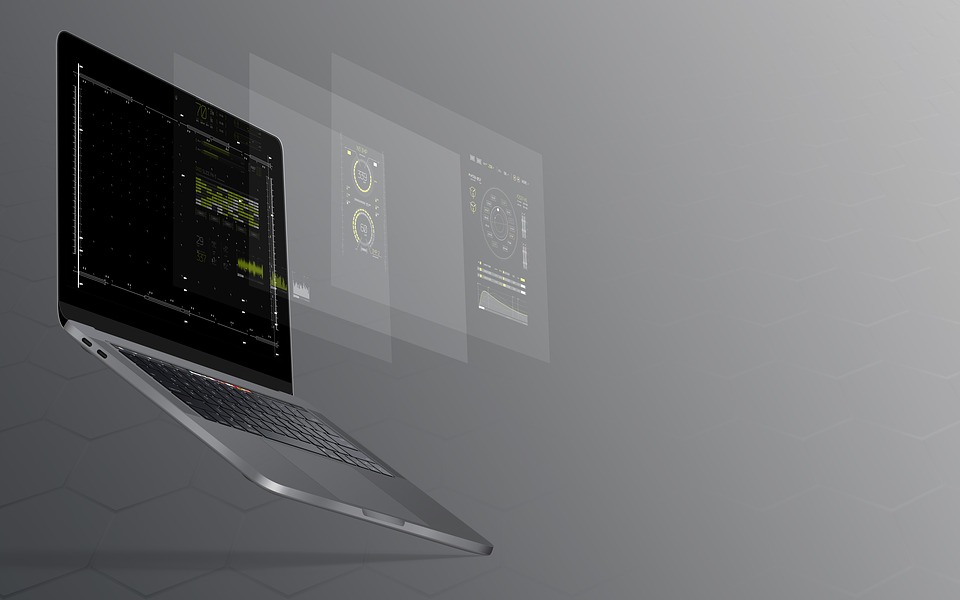
College projects (trabalho de faculdade) have evolved beyond traditional presentations and papers, often requiring the use of complex software, multimedia elements, and collaborative tools. At the core of executing these projects successfully lies the fundamental importance of well-constructed computer hardware. The role of computer hardware in college project success extends beyond mere functionality; it forms the very foundation upon which seamless and efficient execution is built.
1. Processing Power for Complex Tasks
The heart of computer hardware, the processor, plays a pivotal role in handling complex tasks. For projects involving data analysis, simulations, or coding, a robust processor ensures swift execution and prevents frustrating delays.
2. Memory Capacity for Multitasking
College projects often demand multitasking capabilities. Sufficient RAM allows students to run multiple applications simultaneously, facilitating smoother transitions between research, drafting, and editing phases without system slowdowns.
3. Storage Solutions for Data Management
Effective data management is crucial for project success. A combination of fast and ample storage, such as SSDs or HDDs with substantial capacity, ensures quick access to project files, prevents data loss, and supports organized project workflows.
4. Graphics Capabilities for Visual Projects
Visual projects, including graphic design, video editing, and 3D modeling, require powerful graphic cards. A well-equipped GPU enhances rendering speeds, supports high-quality visual elements, and ensures a seamless creative process.
ALSO READ: How to Guest Post about Computer Hardware Without Being Overly Technical
5. Reliable Connectivity for Collaboration
In collaborative projects, reliable connectivity is paramount. A well-constructed network interface and support for Wi-Fi standards enable efficient communication, real-time collaboration, and seamless sharing of project files among team members.
6. Portable Options for Flexibility
Flexibility is key for students working on projects in various environments. Laptops with robust specifications offer portability without compromising on performance, allowing students to work on their projects anywhere, whether in the library or a collaborative workspace.
7. Stability for Deadline Management
Meeting project deadlines requires a stable computing environment. Dependable computer hardware reduces the risk of system crashes, ensuring that students can work consistently and reliably towards completing their projects on time.
8. Future-Proofing with Scalability
As project requirements evolve, having scalable computer hardware becomes essential. Investing in hardware that can adapt to changing needs ensures that students are well-prepared for the technological advancements and evolving project specifications.
Conclusion
In conclusion, the role of computer hardware in college project success cannot be overstated. It forms the very foundation upon which the intricate structures of modern projects are built. From processing power to storage solutions, each component contributes to the overall efficiency and effectiveness of project execution. Students equipped with well-constructed computer hardware are empowered to navigate the complexities of modern project work with ease, ensuring a seamless and successful academic journey.
